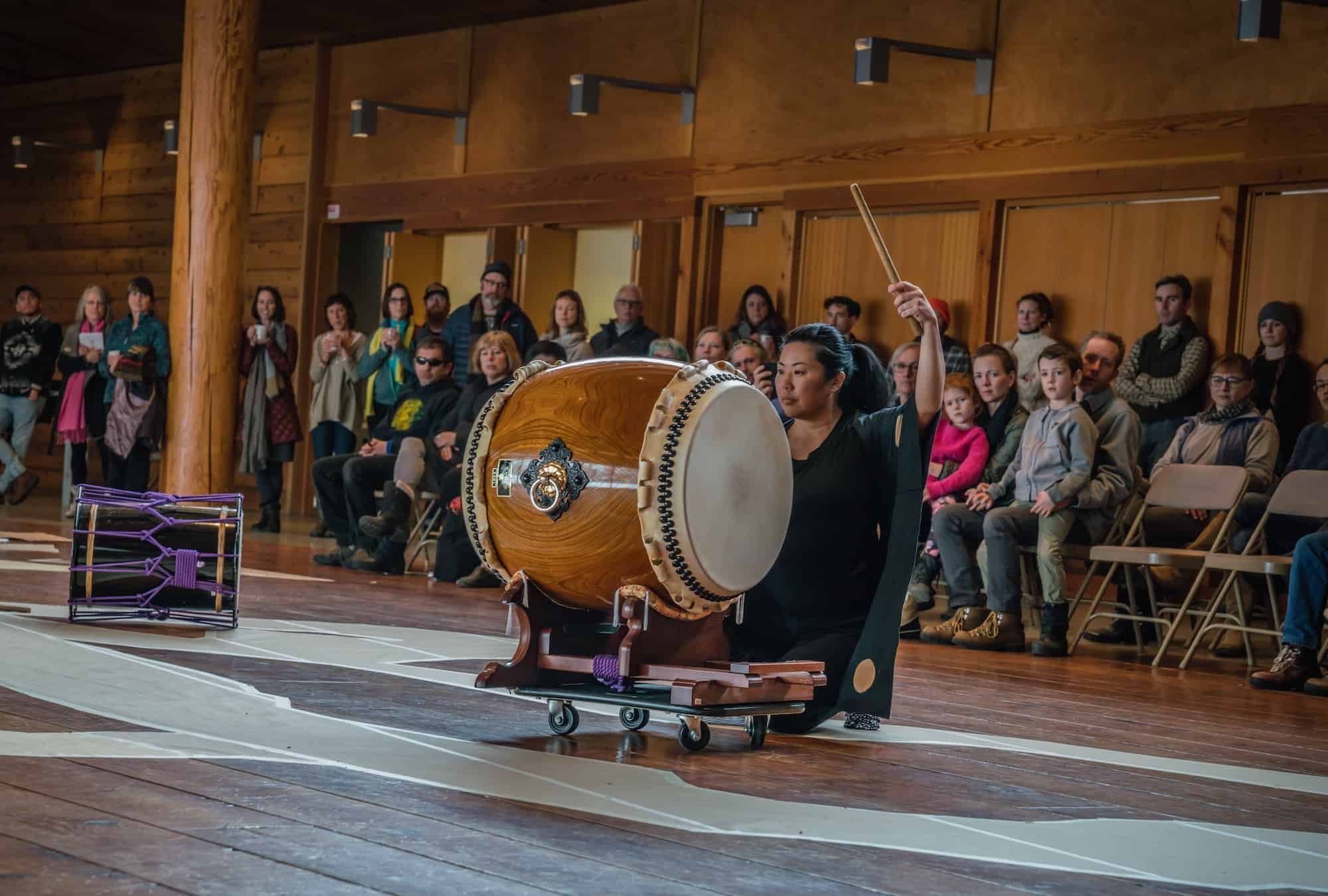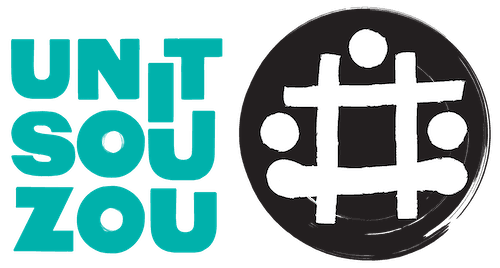Fiscally Sponsored
Unit Souzou’s Constant State of Otherness

The Constant State of Otherness is a multi-layered performance project exploring the feelings of isolation and displacement that come from a sense of not fitting in. A devised “otherness template” will fuel a new taiko and dance performance, and also prompt engagement with artists and communities reflecting these complex and diverse stories of identity and emotional impact. The work is inspiring from co-director Michelle Fujii’s experience as a great-granddaughter and wife of Japanese immigrants, and feelings of isolation, alienation, and displacement that come from not having an easy sense of belonging, both as a physical place and an emotional space. These feelings are heightened during our uncertain political times — of deepening socio-economic disparities, ongoing debates of travel bans, border security, gentrification, and hostility towards immigrants.
Unit Souzou ensemble members will explore otherness in their deeply personal stories: identifying as immigrant, navigating privilege as a biracial person, finding space and place as a female leader in a masculine world, being African-American in a Japanese referenced cultural art form. Root questions to create this work will illuminate the following: How have I been othered? How have I othered myself? How have I othered others?
‘Souzou’ can be written in three ways meaning ‘creation’ (創造), ‘imagination’ (想像), or ‘noisy’ (騒々), alluding to a force by which new ideas are born and take shape in the world. Inspired by these words, the mission of Unit Souzou is to build creative, imaginative works while honoring the history and roots of the taiko art form. The core of Unit Souzou’s artistic voice is personal and authentic, sound shaped and inspired by form and by movement. The essence of Unit Souzou is an expressive blend of taiko and Japanese folk dance, forging new traditions for evolving communities. In addition to creating groundbreaking professional theatrical works, Unit Souzou is deeply committed to share taiko through community performances and collaborations, public classes for adults and youth, and school-based education programs.
Note: Be sure this project name is selected in the "Donation to be designated" field at the bottom of the donation form.
